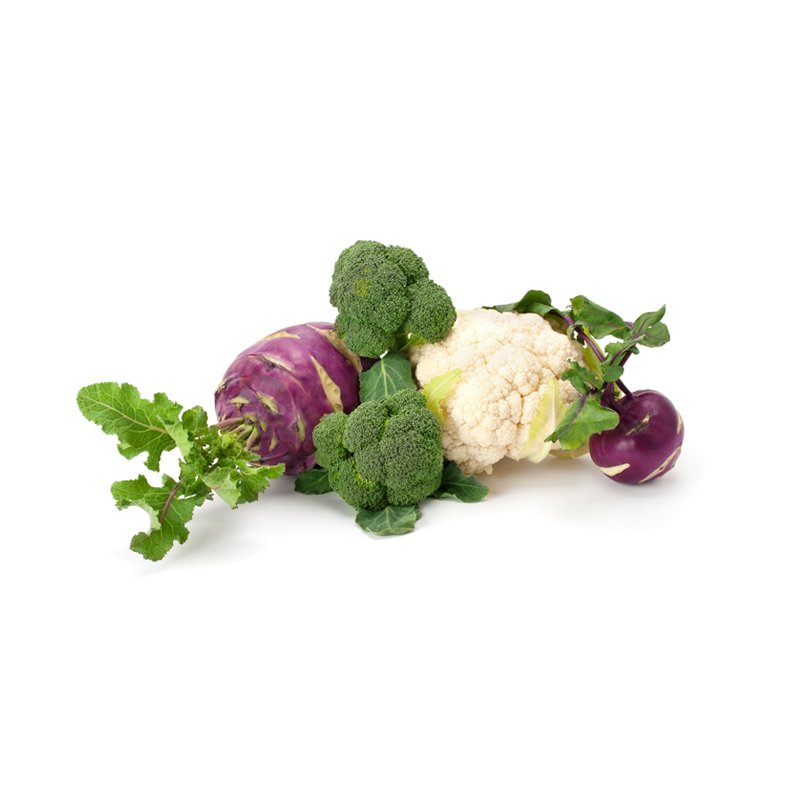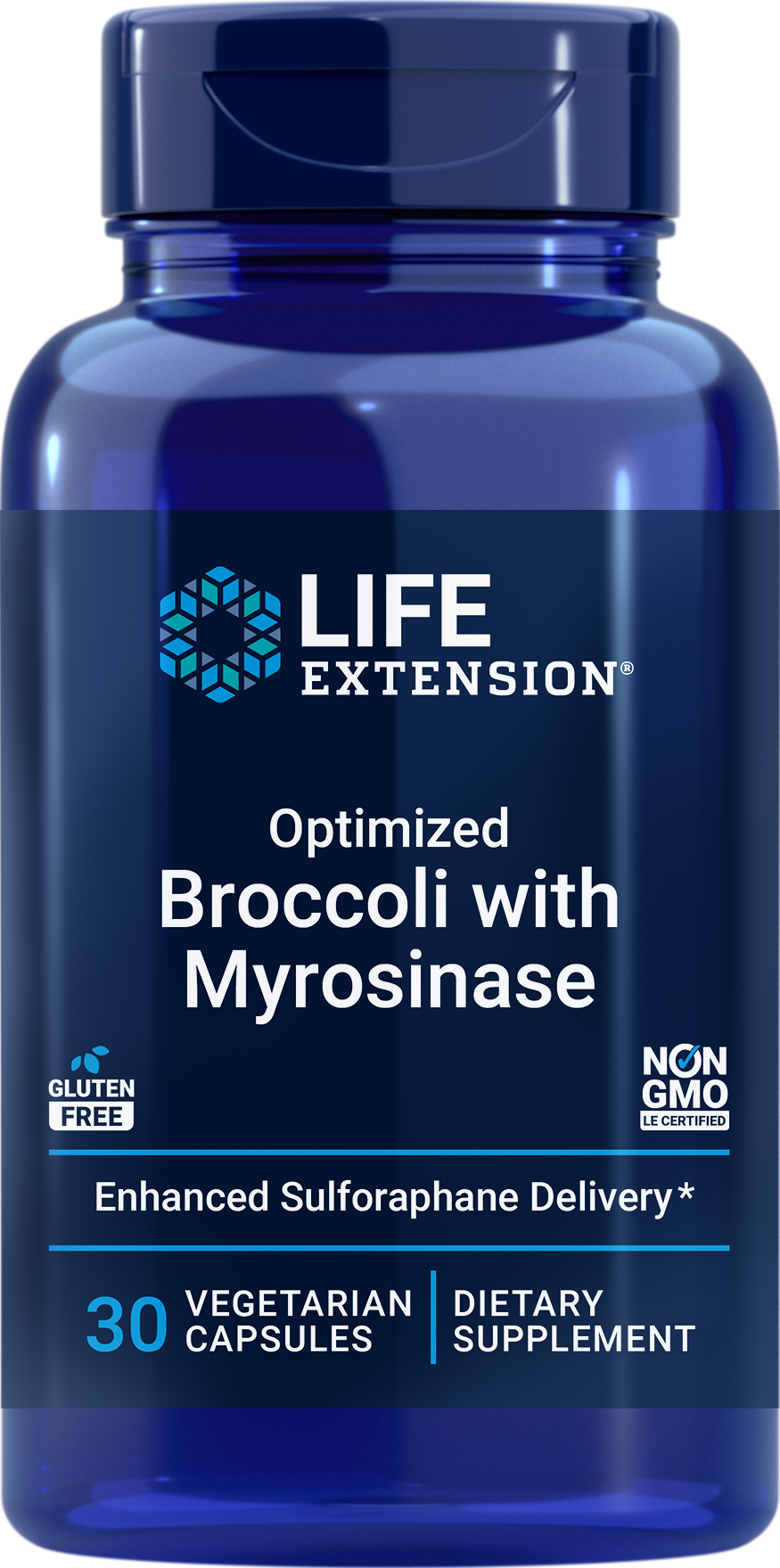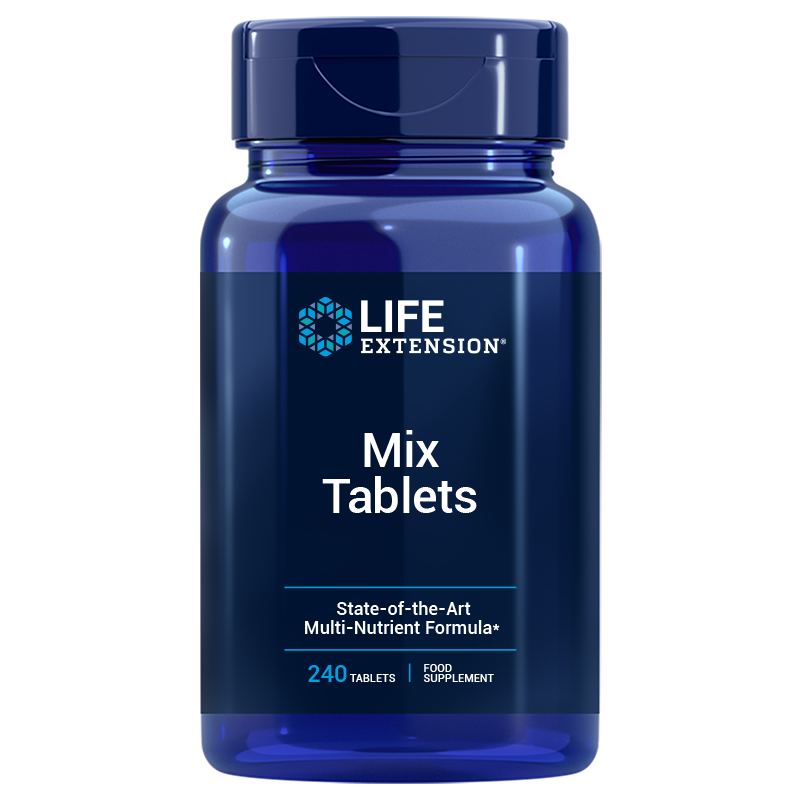
Cruciferous vegetables
Cruciferous vegetables belong to the Cruciferae family, known as veggies rich in vitamins and minerals, fiber, and phytonutrients.
Benefits of cruciferous vegetables
- Maintaining healthy hormone balance is essential to any anti-aging strategy and overall health.
- Compounds in cruciferous vegetables help maintain healthy hormone levels and promote DNA health.
- Cruciferous in simple terms means 'cross', this is because many of these vegetables have four petals.
Cruciferous vegetables list
Included in the unique pattern are broccoli, cauliflower and cabbage. In addition, some root vegetables, such as turnips and rutabaga, are also classified cruciferous; collard and mustard greens, brussels sprouts, rapini and bok choy are also great cruciferous options.
To reinvigorate the salad bowl, there are many cruciferous vegetables to choose from, including arugula, kale and chard. Season your food with cruciferous vegetables like spicy horseradish and wasabi.
The pungent smell from cruciferous vegetables is caused by their sulfur-containing substances called glucosinolates, which also give these veggies their bitter flavor.
As you chew and digest your vegetables, the glucosinates get broken down into bio actively active compounds (meaning, the part of your food that impacts your bodily functions), such as indoles, nitriles, thiocyanates and isothiocyanates.
Cruciferous vegetables
Out of stock
See recommended product
Out of stock
See recommended product








